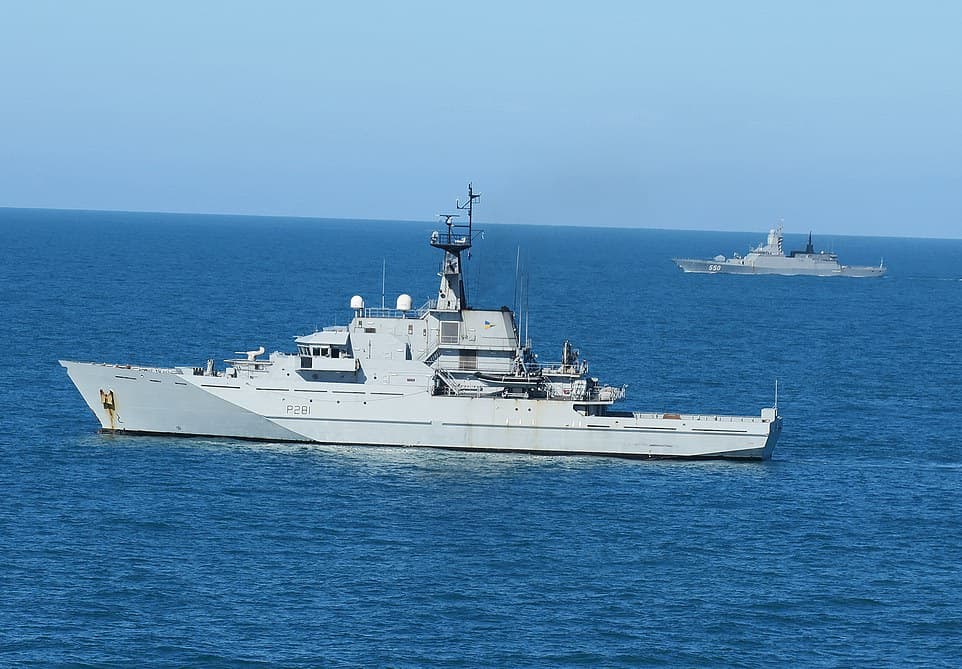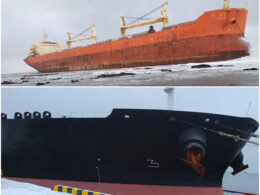Belgium's security and intelligence services say Russian civilian ships are spying on the North Sea infrastructure, according to research by De Tijd newspaper and Follow the Money platform for investigative journalism.
The investigation has found that non-military Russian ships have been spying on pipelines and cables in the North Sea for years, and the espionage is happening on a much larger scale than previously known.
According to the publication, over the past decade alone, 167 Russian civilian vessels 945 times carried out suspicious activities near critical infrastructure in the North Sea. Research vessels, cargo ships, refrigerated ships, tankers, fishing boats, and even passenger transport vehicles - all spied for Russian special services.
"Deviation from sailing plans does not necessarily raise suspicion. On the contrary, it happens very often, even with non-Russian ships.
But it is suspicious when it occurs near pipelines and cables," said Thomas De Spiegeler, the spokesperson of the Directorate-General for Shipping.
"Suspicious actions" have been noticed in the economic zones of North Sea countries, including Belgium, the Netherlands, Denmark, Germany, Great Britain, and Norway.
Russian ships always approached pipes and cables by kilometers and stayed there for a while.
"It is absolutely true that our underwater infrastructure has not been properly monitored for years. Until recently, they have never been a security priority. We have never thought these pipes and cables could be sabotaged," acknowledged De Spiegeler.
He added that the military has become more attentive to Russian activities since 2019 and has become particularly concerned about them after sabotaging the Nord Stream gas pipeline, which passes through the Baltic Sea, in 2022.
Russia has used civilian ships for reconnaissance, but most of its spying operations were documented during the Cold War.
Read also:
- The European Union’s new triumvirate
- Russia strikes at energy infrastructure in Ukraine’s south and west overnight, injuring two workers
- Russia launches 2,107 strikes on Donetsk Oblast in one day, killing 5 people
- Russia uses first time a massive FAB-3000 guided bomb in Kharkiv Oblast





